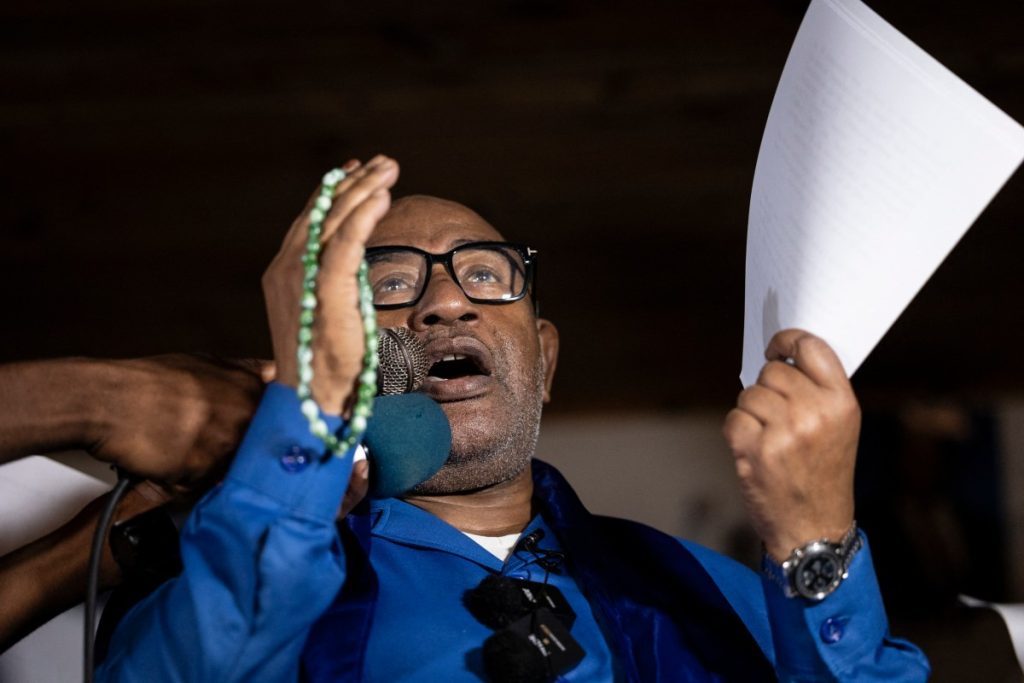An investigation into the death in custody of a soldier who stabbed and injured Comorian President Azali Assoumani has been closed, the public prosecutor announced on Wednesday, without revealing how he died.
The 24-year-old soldier was arrested immediately after the knife attack on September 13 and was found dead the following morning in his holding cell, where he had been kept in solitary confinement.
“When investigators arrived to interview him… they found the young man lying down, lifeless,” the Moroni public prosecutor’s office stated in a report published in the state-owned newspaper Al-Watwan. A military doctor estimated that he had died around 2:00 am.
“There were no wounds from firearms or blunt or sharp weapons. Based on these elements, the public prosecutor’s office considers that there is no reason to pursue the investigation,” the statement added.

Authorities handed the body of Ahmed Abdou to his family immediately after his death, ruling out the possibility of an autopsy.
According to Islam, which is followed by most of the 870,000 residents of the Comoros, bodies must be buried within 24 hours of death.
When asked by AFP about a separate investigation into the circumstances and motives behind the attack on the 65-year-old president, the prosecutor’s office did not respond.
Rights groups and opposition parties have condemned the closure of the inquiry without any findings, labelling it a denial of justice. Lawyer and human rights defender Gerard Youssouf stated that the investigation was not impartial, as authorities did not question those involved in the attacker’s arrest or detention.
“The Moroni public prosecutor’s office closed an investigation that never took place,” he said.
Two opposition parties, Orange and Ushe, also expressed their discontent. The prosecutor’s office failed to address the numerous questions surrounding the death in custody, remarked Orange leader Daoudou Abdallah Mohamed, who ran against Assoumani in the January presidential election.
The newly formed party, Ushe, claimed that legal and medical protocols were ignored and that the inquiry was not conducted with due seriousness.
Assoumani, a former military ruler who seized power in a 1999 coup, faced significant controversy over his recent re-election, which was followed by two days of violent protests. He has been accused of increasingly authoritarian tendencies.

